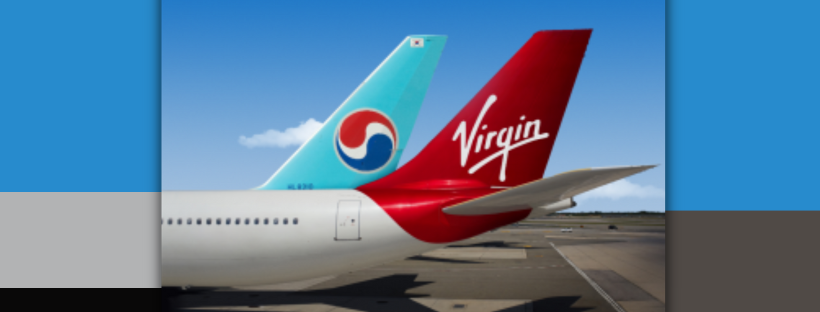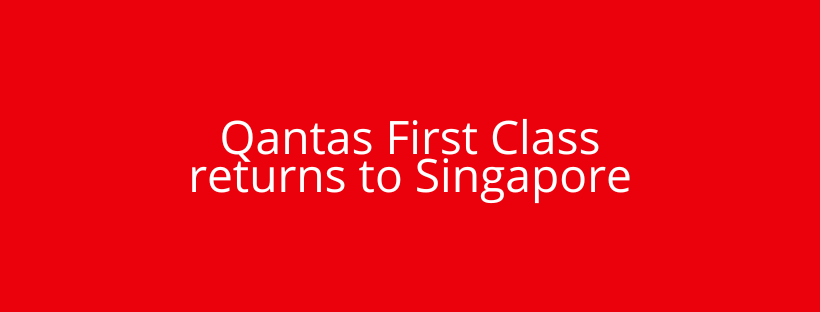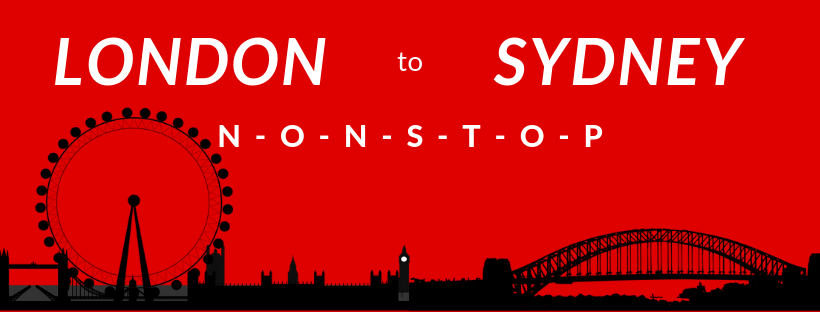Virgin Atlantic and Korean Air announce codeshare agreement for seamless travel to Asia and Australasia
Virgin Atlantic has exciting news for its customers as it announces the launch of a new codeshare agreement with Korean Air.
This will offer customers more opportunities to fly seamlessly to South Korea and beyond. The agreement is set to launch on 25 March, and customers booking through Virgin Atlantic will have the opportunity to travel directly to Incheon Airport, in South Korea’s capital, Seoul.
But that’s not all, as the agreement will be expanded to include further destinations in Asia and Australasia from June. Customers will be able to connect onwards from Seoul to a variety of destinations throughout Japan, Vietnam, Hong Kong, Australia, and New Zealand. Virgin Atlantic is confident that this codeshare agreement with Korean Air is the first step towards its entry to Seoul and is set to enhance the airline’s network in Asia.
Virgin Atlantic’s recent enrollment into the SkyTeam alliance further enhances customers benefits. Customers can earn and redeem Virgin Points and take advantage of SkyPriority benefits. As one of the founding members of the SkyTeam alliance, Korean Air is an excellent partner for Virgin Atlantic in the codeshare agreement.
From May, services to Shanghai, China will resume, alongside an expanded codeshare with IndiGo throughout India and beyond. Flying Club members will be able to take advantage of SkyPriority services at Seoul Incheon, including priority check-in, baggage handling, and boarding.
Virgin Atlantic Chief Commercial Officer, Juha Jarvinen, said,
We’re pleased to launch a codeshare with Korean Air, as we know such agreements bring an array of benefits to our customers. As one of Asia’s major carriers, Virgin Atlantic customers can benefit from its extensive route network, that will offer more choice throughout Asia and Australasia.
Our enrolment into SkyTeam, of which Korean Air is a founding member, enhances customers benefits further. Our Flying Club members can enjoy SkyPriority benefits at both London Heathrow and Seoul Incheon as well as earning and redeeming miles across Korean Air’s network.
This codeshare agreement between Virgin Atlantic and Korean Air is something for business travellers to look forward to.










